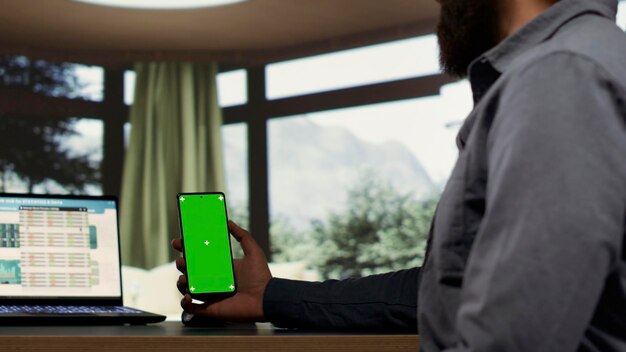
Yesterday, we discussed how much money you need to achieve financial independence. For me, that breaks down to $50,000 to buy a house, $30,000 for a 30-month emergency fund, and a source of passive income generating at least $1,000 per month for living expenses.
While I’m working on growing that $80,000 savings account for financial independence, there are two main ways I see to reach my goal faster. The first, obviously, is by saving money. Day-to-day, there are a lot of small ways I can spend less. For example, if I choose convenience like taking a taxi or ordering take-out instead of walking or cooking at home, I’m wasting money. If I don’t take the time to fill out an insurance form out of laziness and miss out on a refund for a broken car window, that’s more money lost.
By plugging these money-draining holes, I can save more. Some ways to save are minor, like turning off lights, while others might impact lifestyle, like cutting back on leisure activities, travel, or beer. To maintain my lifestyle and save more, I can also find ways to earn extra income.
To do this, I started looking for side jobs. I was in a full-time job that was quite boring but I clocked out at 6 pm sharp. After work, I began teaching French and Spanish, which I loved and which paid well. Then, I started writing for travel blogs, taking advantage of my frequent work trips to take pictures and write reports. I even picked up extra shifts as a waitress for weddings on Saturdays.
Finding extra work is fairly easy, whether it’s a 10-hour shift at a fast-food place or a regular tutoring gig. Think about what you’re good at. Can you fix computers or teach yoga? This is a great chance to explore jobs that align with your passions. While waiting tables brought in money, it was physically exhausting and not enjoyable. Teaching and writing, however, were things I loved.
Eventually, I began to earn more from teaching and writing than from my day job. This left me with a choice: continue doing both and double my income, or quit my day job to focus entirely on teaching and writing. I wouldn’t be adding more hours but I’d be spending my time doing what I enjoy.
Before making the leap and quitting my job, I spent several months funneling all my extra earnings into my financial independence savings fund. This helped me build my savings much faster than I could have by simply cutting back on small expenses like beer or travel.